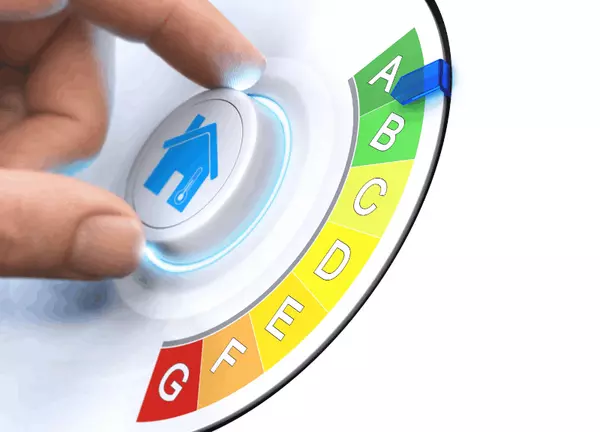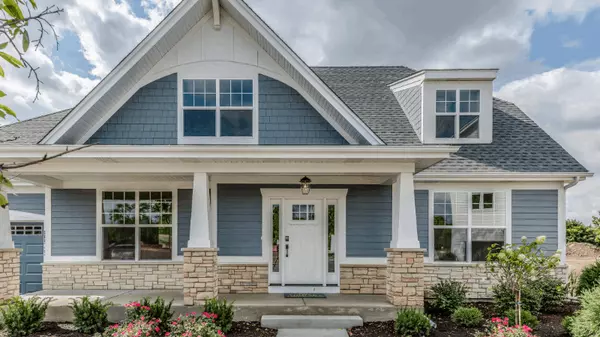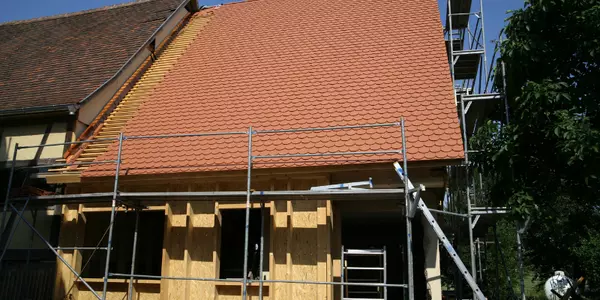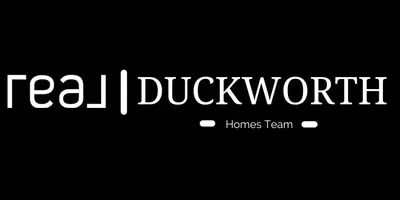7 Things to Know About a Home Inspection

Essential Insights on Home Inspections in Rhode Island and Massachusetts
Are you gearing up for a home inspection in Rhode Island or Massachusetts? Here are crucial details you need to know about this pivotal step in the home-buying process!
Many buyers and sellers often wonder about the ins and outs of home inspections, seeking guidance from their trusted real estate professionals. Let's delve into seven key aspects to demystify the home inspection process in these regions.
Chapters
-
Understanding Home Inspections
-
Estimating Home Inspection Costs
-
Timeframe for Home Inspections
-
Key Areas of Focus During a Home Inspection
-
Handy Home Inspection Checklist
-
Identifying Major Issues During Inspection
-
Negotiation Strategies Post Inspection
1. Understanding Home Inspections
A home inspection involves a thorough assessment of a property's condition by a certified inspector, with findings documented in a comprehensive report. This step is crucial in ensuring the property meets safety standards and adheres to state regulations, especially for older homes or those in need of repair.
There are two primary types of home inspections: buyer's inspections and seller's inspections. Buyer's inspections occur post-offer acceptance but pre-closing, allowing buyers to negotiate repairs or adjust their offer based on inspection findings. Seller's inspections, on the other hand, are conducted before listing the property, providing sellers with insights to address issues proactively.
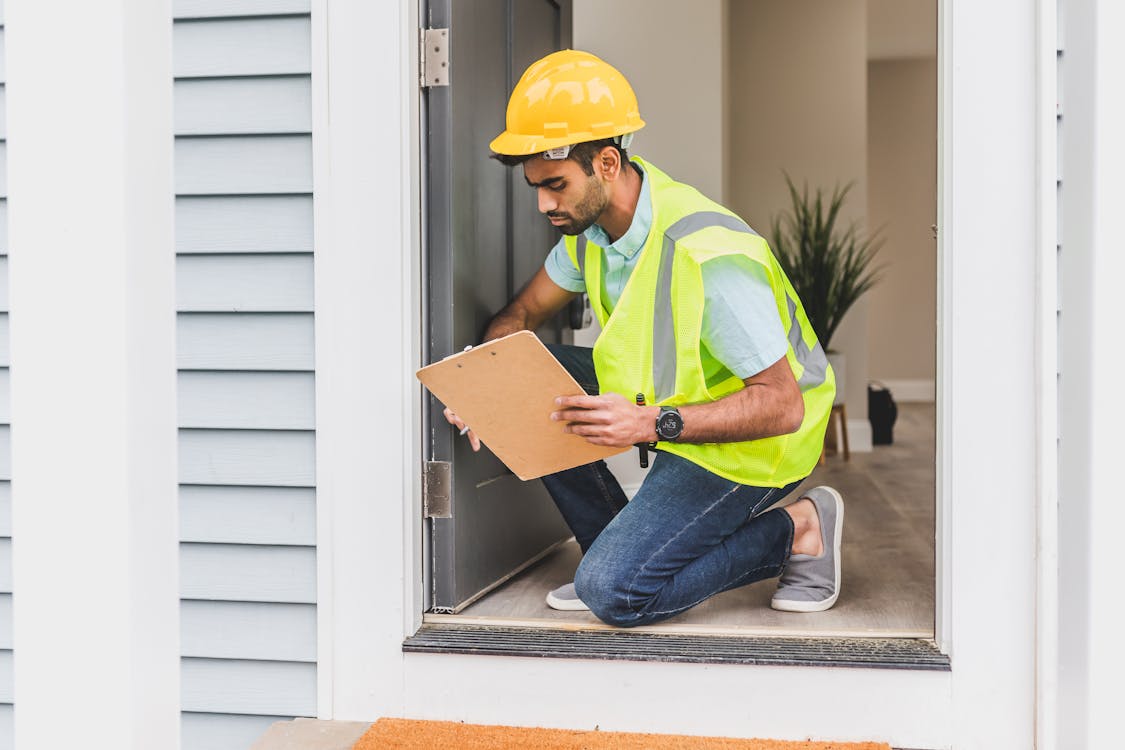
2. Estimating Home Inspection Costs
The cost of a home inspection varies based on factors such as location, property size, and its age. In Rhode Island and Massachusetts, buyers can typically expect to pay between $300 and $450 for a standard inspection of a 2000-square-foot property. Additional inspections or larger properties may incur higher costs, ranging from $500 to $600 or more.
Buyers are typically responsible for covering the costs of their inspections, while sellers may opt for pre-listing inspections to streamline the selling process.
3. Timeframe for Home Inspections
A typical home inspection takes approximately two to two and a half hours to complete, although this can vary based on property size and complexity. Factors such as the inspector's thoroughness and the property's condition also influence the duration of the inspection.
Expectations should be set for a window of two to four hours for the inspection process, allowing ample time for a comprehensive assessment.
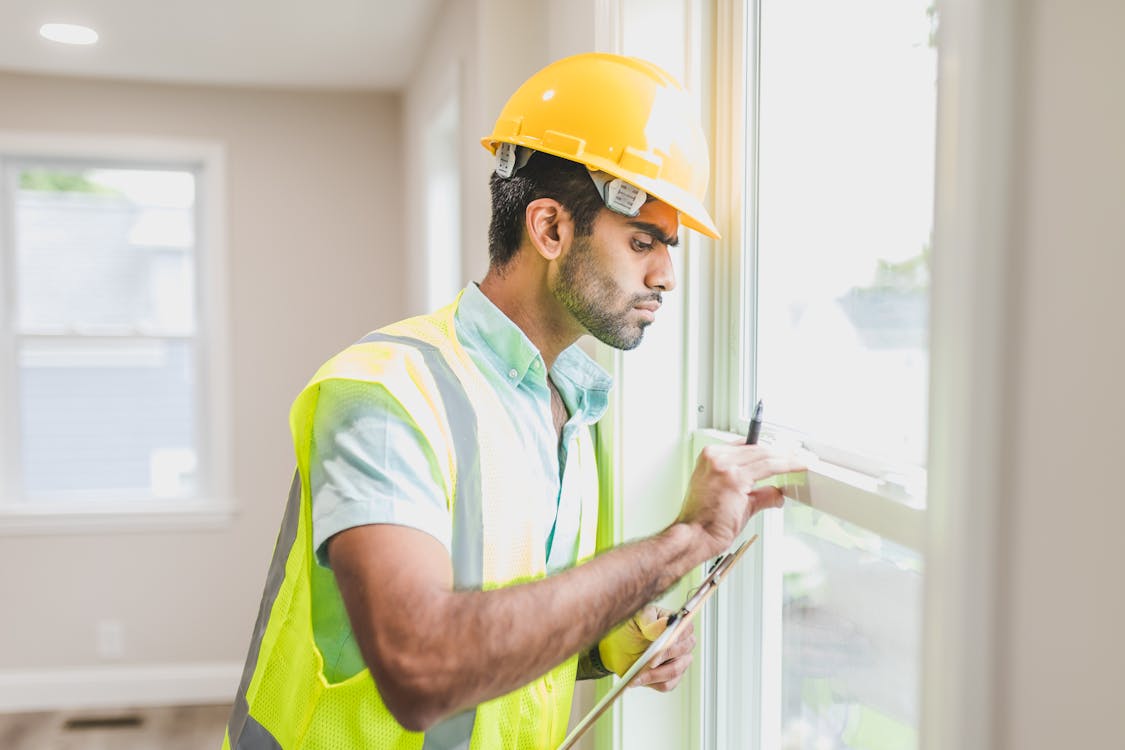
4. Key Areas of Focus During a Home Inspection
Home inspectors meticulously examine various components of a property to identify potential issues. Here's a breakdown of key areas they scrutinize:
Roof
Assessing for structural integrity and signs of damage.
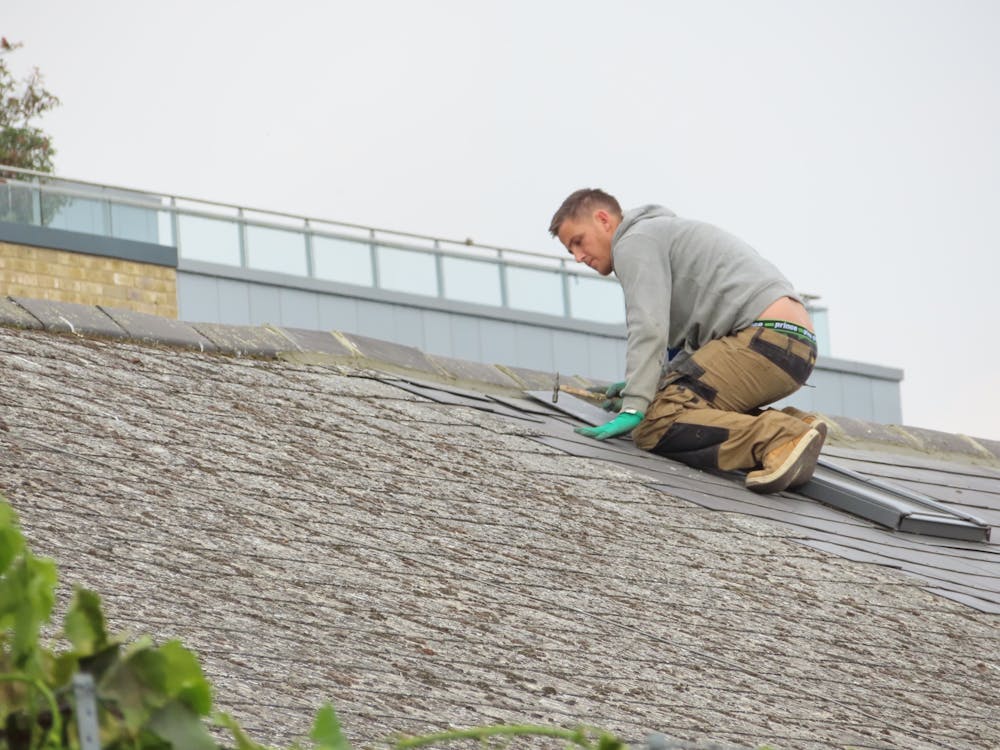
HVAC System
Checking heating, ventilation, and air conditioning functionality.
Electrical
Inspecting wiring, panels, and outlets for safety and compliance.
Plumbing
Evaluating pipes, fixtures, and drainage systems.
Attic
Examining insulation, ventilation, and signs of moisture or damage.
Floors, Ceilings, and Walls
Looking for structural issues or water damage.
Windows and Doors
Testing operability and assessing for drafts or damage.
Foundation
Checking for cracks, settling, or other structural concerns.
Basement
Inspecting for moisture, mold, or structural issues.

5. Handy Home Inspection Checklist
Home inspectors rely on comprehensive checklists to ensure no detail goes unnoticed during assessments. These checklists cover a wide range of components, helping inspectors systematically evaluate the property's condition and identify any potential issues.
6. Identifying Major Issues During Inspection
While minor issues are common during home inspections, major concerns can significantly impact the sale. Inspectors pay close attention to potential water damage, structural integrity, roofing issues, electrical and plumbing problems, pest infestations, and HVAC system functionality.
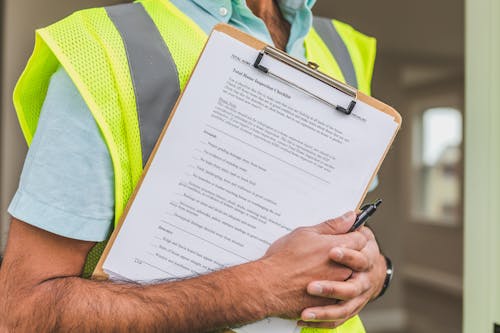
7. Negotiation Strategies Post Inspection
After receiving the inspection report, buyers have several options for negotiation. They can request repairs, ask for credits or price reductions to cover anticipated costs or opt to back out of the deal if significant issues arise. Sellers may be open to negotiation, particularly for major issues that affect the property's value or safety.
Final Thoughts
While home inspections are not mandatory, they are highly recommended to ensure buyers are fully informed about a property's condition. Whether you're buying or selling in Rhode Island or Massachusetts, understanding the intricacies of home inspections is essential for a smooth transaction. Reach out to our knowledgeable agents for expert guidance on navigating the home-buying process or scheduling inspections.
Categories
Recent Posts


